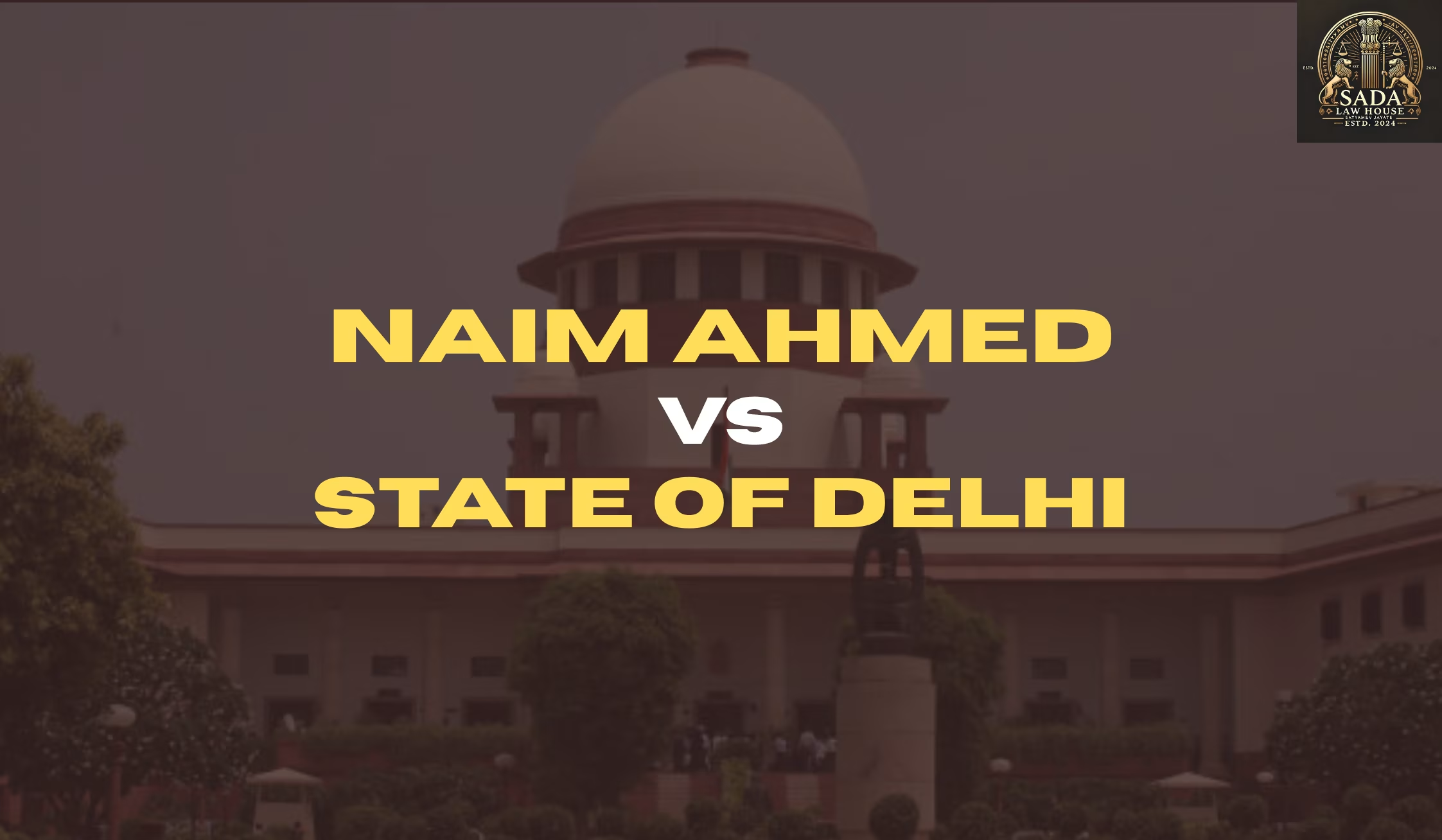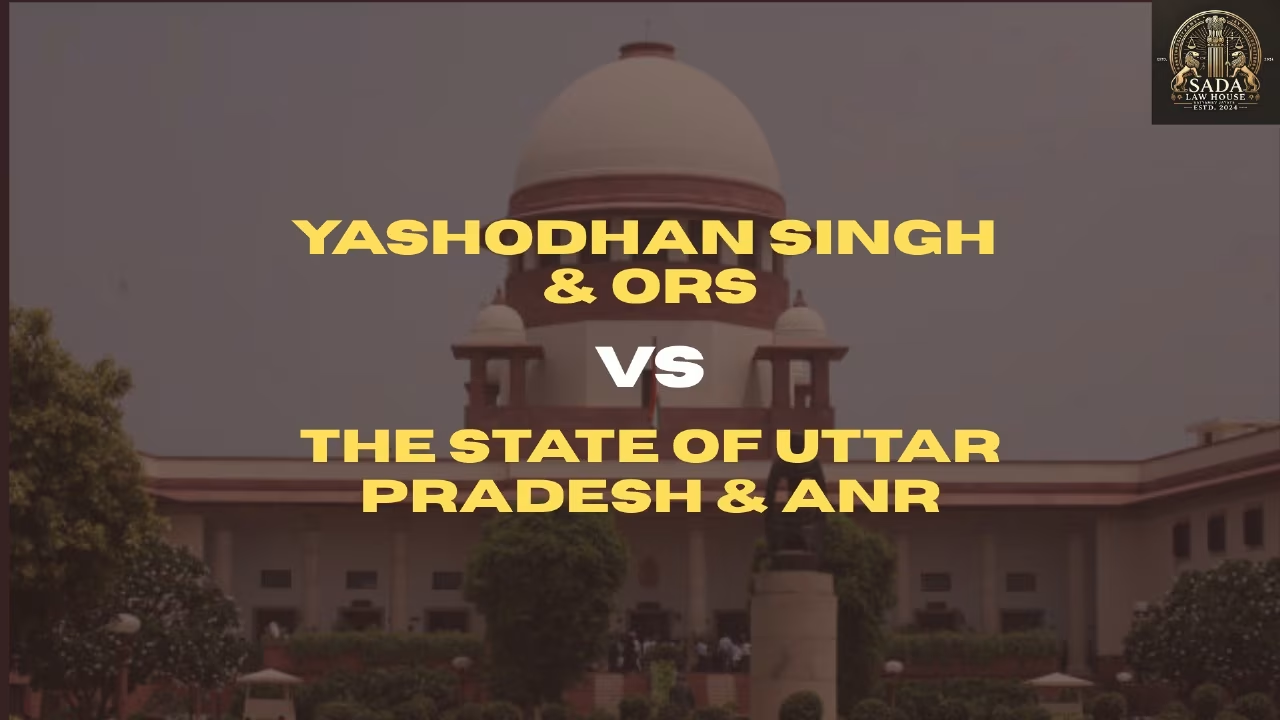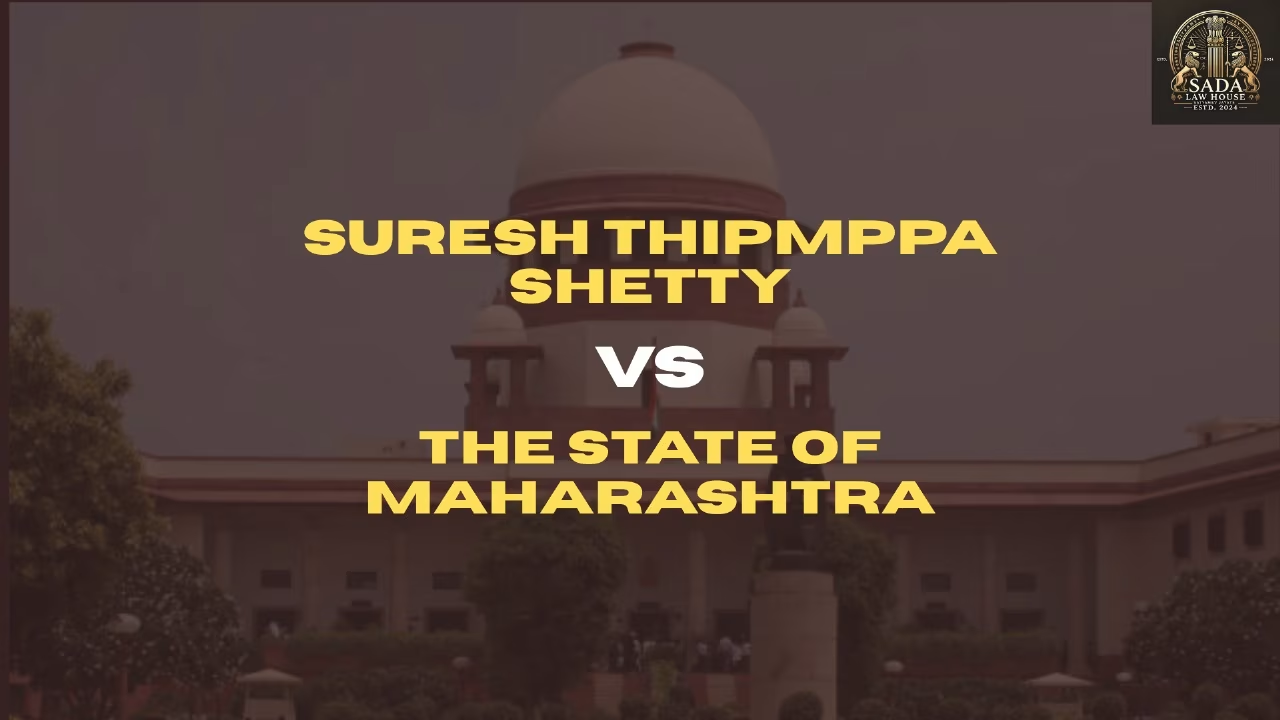Naim Ahmed v. State of Delhi: Supreme Court Ruling on Consent and False Rape Allegations under IPC Section 376
- NISHA KUMARI
- 18 June 2025

Explore the landmark Supreme Court judgment in Naim Ahmed v. State of Delhi (2023), addressing false rape allegations, the role of consent, and interpretation of IPC Section 376 in the Indian legal system.
Introduction
The Supreme Court of India, in the case of Naim Ahmed v. State (NCT of Delhi) decided on January 30, 2023, provided critical clarity on the interpretation of Section 376 of the Indian Penal Code (IPC). This landmark ruling reinforces the legal significance of consent in rape cases and emphasizes that not all rape allegations are genuine. It also underlines the responsibility of courts to distinguish between false promises of marriage and actual coercion under criminal law.
Case Overview
Case Title: Naim Ahmed v. State of Delhi
Date of Judgment: 30 January 2023
Citation: [2023] 1 SCR 1061
Court: Supreme Court of India
Judges: Justice Bela M. Trivedi and Justice Ajay Rastogi
Facts of the Case
The prosecutrix, a married woman with three children, alleged that the accused, Naim Ahmed, enticed her into a relationship under the false promise of marriage. She claimed he misrepresented himself as unmarried and lured her with the prospect of a better life, leading to a sexual relationship that resulted in pregnancy in 2011.
Their relationship continued over several years. Despite repeated reassurances, no marriage took place. Eventually, the complainant filed a complaint under Section 376 IPC on March 21, 2015, with the Bindapur Police Station in Delhi.
Key Legal Issues
1. Applicability of Section 376 IPC
Was the accused liable for rape under Section 376 of the IPC based on the prosecutrix’s claims?
2. Validity of Consent
Can the accused invoke consent as a legal defense, especially when it was allegedly obtained through deceit?
Supreme Court Judgment Highlights
The Supreme Court made the following observations:
The prosecutrix was mature and aware of the consequences, given her life experience.
The long-term relationship did not support the argument that sexual acts occurred solely under deceit or coercion.
Refusal to marry did not retroactively nullify earlier consent.
Even under a mistaken belief, the consent did not meet the threshold of rape under Section 375 IPC.
Final Verdict
The Court acquitted Naim Ahmed of rape charges but upheld the compensation order for the child, recognizing his responsibility.
Legal Significance and Implications
This judgment highlights:
The danger of false rape allegations, which can undermine genuine cases.
The importance of free and informed consent in determining criminal liability.
The burden of proof lies with the prosecution, and courts must assess evidence with precision.
Under Section 114A of the Indian Evidence Act, courts may presume lack of consent in specific cases, but must do so judiciously.
Conclusion
The Naim Ahmed v. State of Delhi case is a noteworthy precedent in interpreting rape laws in India, especially concerning false promises of marriage. It reinforces that not every failed relationship constitutes rape, and the justice system must balance the rights of both victims and the accused.
This judgment upholds the principles of due process, judicial integrity, and the presumption of innocence, all essential components of a fair and robust legal system.
Case Laws






